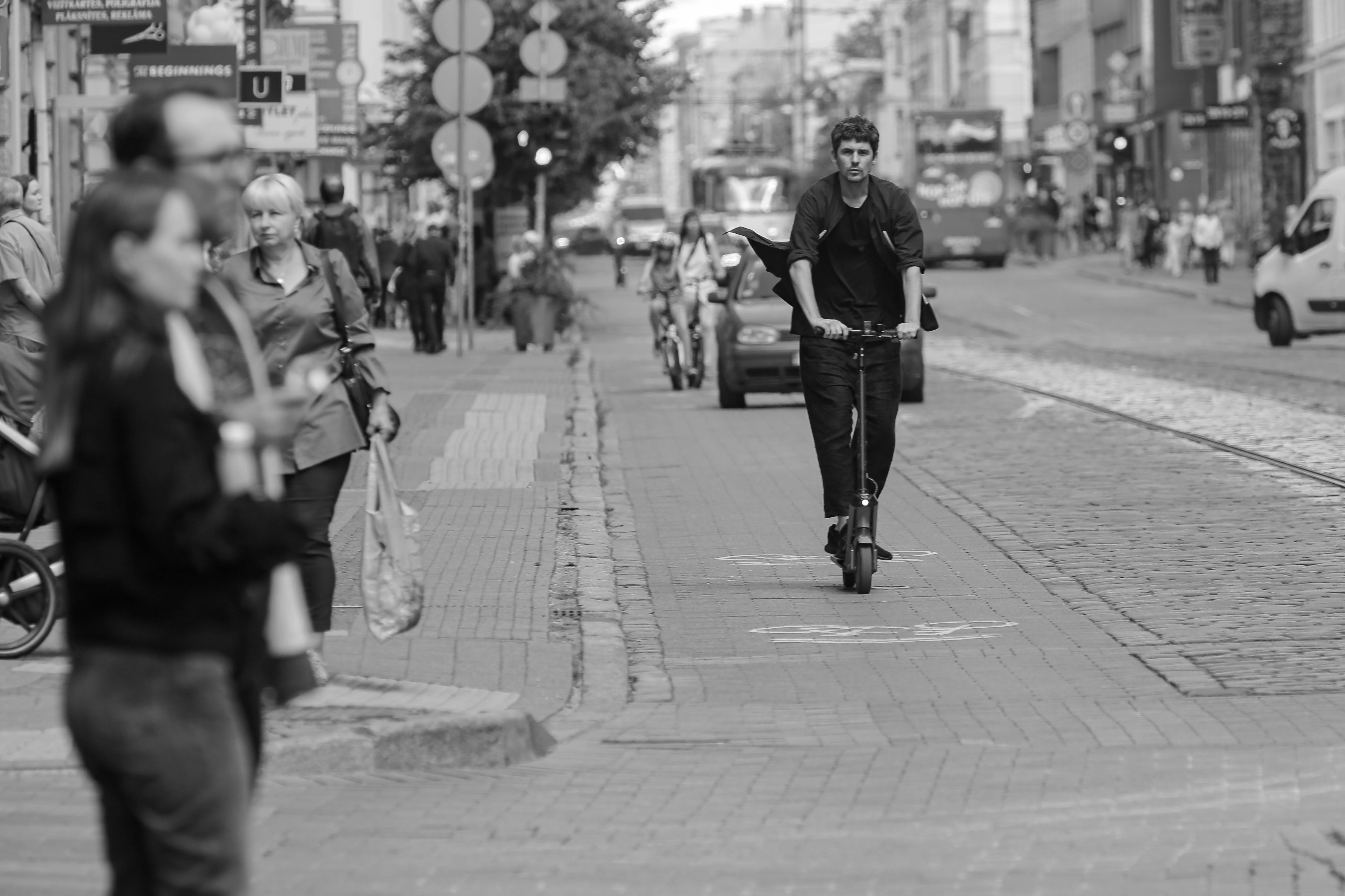Kidnappers in Lagos devise new ways to kidnap victims, including approaching them in police uniforms
ON SATURDAY, SEPTEMBER 21, when Mrs. Adebusola Odunaya left her house, it was with the hope of reaching Idumota where she intended to buy a stock of noodles and some other items for her business. But little did she know that the journey that normally takes her a few hours would turn into six days of anguish at an unknown destination in the jungle, along the Lagos-Ibadan highway. She thank God she survived to narrate her story.
Ms. Odunaya, Women’s Leader, Redeemed Christian Church of God, Cornerstone Parish, Lagos, recounted how her journey began that day. According to her, when she arrived in the Ishaga area, there was no vehicle heading to Idumota, so she decided to go to Agege, and there was still no vehicle heading directly to Idumota. She had to board a bus from Molue to Oshodi, where she hoped to catch a direct bus to her destination. By chance, a smaller danfo bus driver started calling Idumota, causing her to quickly get off the Molue, thinking that her trip would be faster with the direct bus.
However, she recalled that there were only three women on the bus, including the driver when she boarded. As soon as she joined them, the women asked the driver to move so they could take other passengers. And while they were waiting for the driver to move, the driver reached out and touched her with a handkerchief and she instantly passed out, only to wake up later in a bush along the Lagos-Ibadan highway. She discovered that they had shaved off her hair and also disposed of the N500,000 that she had intended to use for the purchase of goods in Idumota.
If Odunaya’s story was heartbreaking and shocking, Alhaji Alaka Kamaldeen’s story could pass for a typical Nollywood blockbuster horror movie. According to the 46-year-old contractor, based in Ikorodu, Lagos, he was standing in front of his office on August 24 when an Audi car with four passengers suddenly approached him, armed with guns. And without saying a word they pounced on him, slapping him repeatedly before dragging him to the car.
According to him, one of the men was wearing a bulletproof vest in the manner of a police officer, which initially led him to believe that they were security officers. It wasn’t until they reached the Itokin Junction that he began to suspect something was wrong. Instead of heading to the police station, they turned off the road into the bushes. Then he realized that he had been kidnapped. He started screaming as they approached the seashore, and when the car tried to speed up, he sank into the sand, making it difficult for them to move. Kamaldeen started screaming for help as people began to gather, but instead he scared the kidnappers away; they began to fire sporadically into the air to disperse the crowd. They got out and pushed the car and drove near a creek and started calling a contact for a boat. As they waited for the boat, Kamaldeen’s captors pounced on him before dousing him with fuel and threatening to lynch him. Not long after, a speedboat arrived, even as the kidnappers removed the car’s license plate number.
According to Kamaldeen, there were about ten 100-litre drums, possibly containing fuel for the eight-hour journey to Warri, Delta state. He recounted in great detail how he was kidnapped since he was not blindfolded. He told the press how, at intervals, they came across what looked like checkpoints manned by other kidnappers in the creeks. At each of these checkpoints, he noted that the kidnappers would be asked to identify themselves and the captors would raise their hands in response.
As he recounted his ordeal, Kamaldeen gave a vivid description of the camp. He said that the camp was surrounded by many shacks, with many people being held hostage. In his words, “I was taken to the head of the kidnappers, who was wearing a suit. He was unimpressed when he discovered that he was not a captain of industry or a politician, but an ordinary citizen. I was then taken to a section of the camp suitable for my condition in life and spent the night in a bed made of logs and wood,” he said.
Kamaldeen, whose family was contacted and asked to pay the N150million ransom, was later released after parting ways with N5million amid pleas to the kidnappers.
Meanwhile, police recently cracked down on a kidnapping syndicate of eight, including a woman believed to be responsible for the death of a businessman, Mr. Odidi Nweze at FESTAC. However, Police Commissioner Mr. Manko said that the union’s modus operandi was to kidnap its victims and bring them to FESTAC. However, he expressed concern about the number of victims that had been brought to FESTAC.
According to him, the kidnappings recorded in recent times had their victims drugged and taken to the FESTAC. His capo, Kelvin Emenike, who was lured to Lagos by the police under the pretext of having a business proposition for him, was the first to be arrested.
Emenike gave vivid details of how they operate, stating that they usually ride motorcycles and follow people in flashy cars and attack them. After kidnapping them, they would call the family for ransom.
Kidnapping is no longer news in Nigeria, but due to his business disposition in Nigeria, Lagos needs protection. Both the federal and state governments must unite to combat this crime, which is going viral, said Niyi Adebisi, a lawyer.
